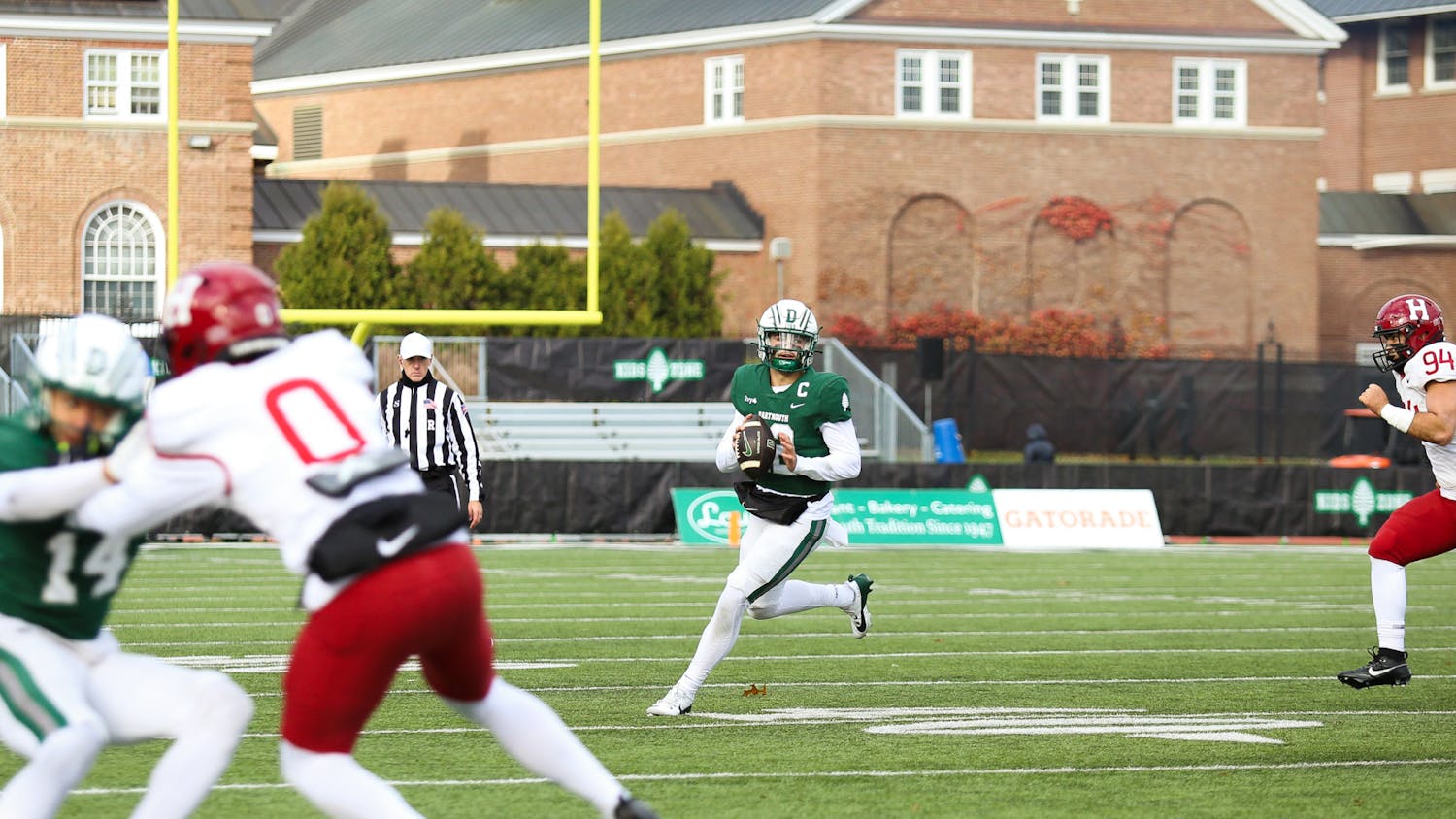I wouldn’t rush if I went to a different school. I’m not ranking sororities off social clout. I’ll be happy wherever I end up. I’m not giving power to a system built on making girls feel bad about themselves. These are some of the many lies, or half-truths, I coaxed myself into believing during the rush process.
Ah, Greek life. I love to criticize it — yet I rushed just the same, one in a swarm of 462 hopeful PNMs flocking Webster Avenue in some combination of colorful blouse and tailored denim. I’ve spent the last three weeks discussing rush with just about every girl I’ve ever talked to on this campus. During each conversation, we methodically avoided the unspoken truths of its ugliness with the same diligence we avoided going out during recruitment. As part of a personal effort to make the Mirror unhinged again (circa 2010), I’m ready to talk — really talk — about the side of sorority recruitment we love to pretend doesn’t exist.
While there are valid, admirable reasons to rush at Dartmouth, the majority of PNMs don’t submit to them. If I had a dollar for every time a PNM raved about how “nice” the girls at x sorority were only to rank it in their bottom two houses due to preconceived notions about its social standing, I could fund the maintenance of a Psi U’s family sailboat. And for what? Why do we, a highly educated ensemble of critical thinkers, perpetuate archaic house hierarchies?
Why do we rush at all? Despite hearing dozens of scripted responses to this question, I’ve yet to find a satisfying answer. Yeah yeah yeah sisterhood, philanthropy, divine femininity, all that good stuff. But come on, let’s not pretend these are the founding pillars of Greek life. We rush for the same reason we line up outside frat houses in tank tops and mascara. Rebelling against the social norms of this campus feels like nothing deeper than a holier-than-thou self-inflicted punishment; it's easier to give in than to ask questions. Critical thinking simply isn't rewarded within the gendered confines of a frat basement.
Sororities are currency in Dartmouth’s social economy. We rush because it seems like we have to in order to maximize our participation in Dartmouth nightlife. So why do we religiously avoid talking about each sorority’s robust social calendar during recruitment? Why must we temporarily reduce the social aspect of sororities to charity fundraisers, sleepovers and movie nights throughout three weeks of rush, only to get blackout drunk on bid night? Why are sorority events just pre-games to frat parties?
At its core, Greek life relies on gender division and systematic exclusion to function. You cannot have a formal Greek space on this campus without exclusion — and belonging to a Greek space on this campus implies that someone else is excluded from it. This insider-outsider dynamic keeps the system afloat. Without cuts, nobody would rush. One girl’s sense of belonging comes at the cost of another’s exclusion.
I’ve given up on trying to convince myself that I’m not like the other girls — that I rushed for the right reasons, whatever those may be. The truth is, I sought cheap validation from an institution built upon systemic exclusion and hierarchy. Greek life is certainly not the sole enforcer of social hierarchy on this campus; it does, however, replace an unspoken social hierarchy with a tangible, artificial one. For me, rush activated a carnal impulse to be wanted. I pined after the approval of girls I wouldn’t have cared about in high school, wearing inoffensive outfits and an omnipresent smile. It was always “do they like me?” and never “do I like them?”
Recruitment was a performance. I quickly learned which quirky fun facts to seamlessly name-drop at which houses. Please don’t ask me how many times I proudly described myself as “a manic knitter” last week despite having only knit two things. As far as role models go, Adam Sandler definitely isn’t mine — yet it felt like a more memorable answer than “my mom,” so I went with it. When forced to sell myself off anecdotal fun facts alone, every answer felt inherently performative. Even my most honest sentiments felt less and less authentic as I repeated them like a well-rehearsed script throughout the week. I reduced entire facets of my identity down to clever one-liners — and even those didn’t seem to do an enticing enough job of selling myself to the sisterhood.
Part of me submits to the “it’s not that deep '' rush rationalization — which runs tangentially to the cult classic logic “but everybody does it here.” If your friend jumps off a bridge, would you? Depends if she’s wearing monogrammed house merch. We tell ourselves it's okay to participate in the superficial sorority screening process because everybody else does it. This shallow complacency ensures that the system will continue to operate as it always has: enforcing a hierarchical categorization of the Dartmouth student body.
It could be different, but it isn’t. Dartmouth College is an elite group of students divided like meiosis into smaller, more elite groups of students. We rush with an innate desperation to weave ourselves into the Dartmouth status quo, and we will continue to rush so long as the system stands. Whether or not Greek life can be reformed without being abolished, I remain unsure. One thing I do know is that the system, as it currently operates, needs a lot more work — and a lot less glittering complacency — to embody the values of the Dartmouth student body.
XOXO,
PNM #283




